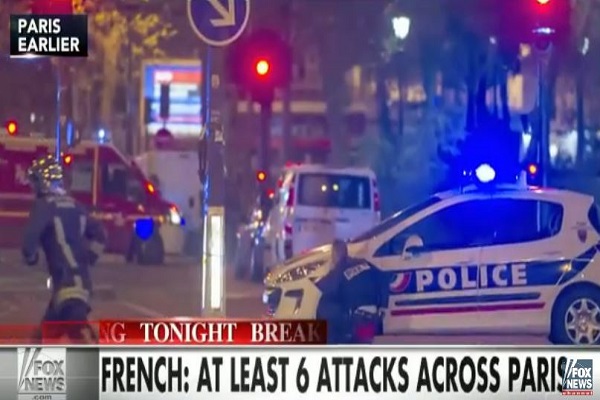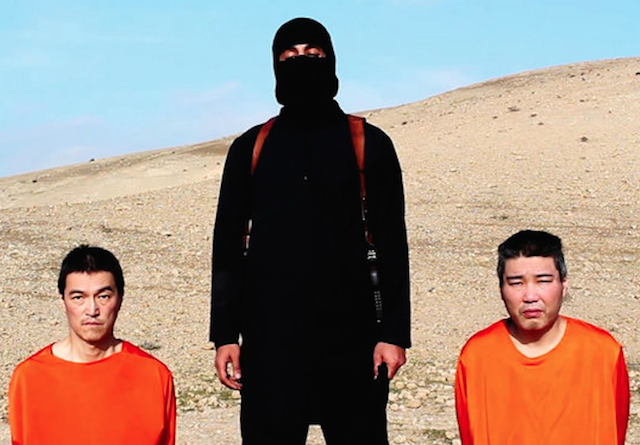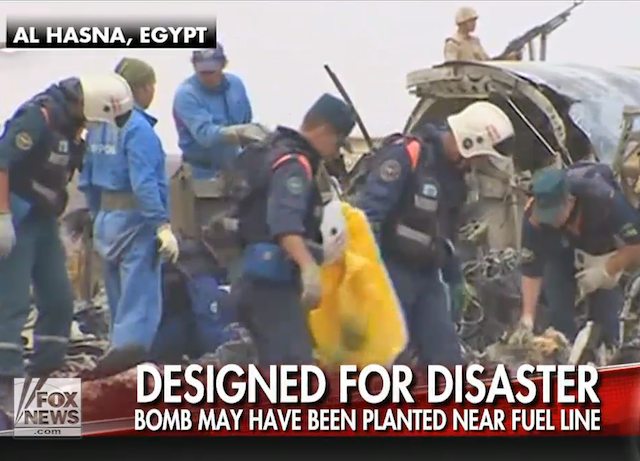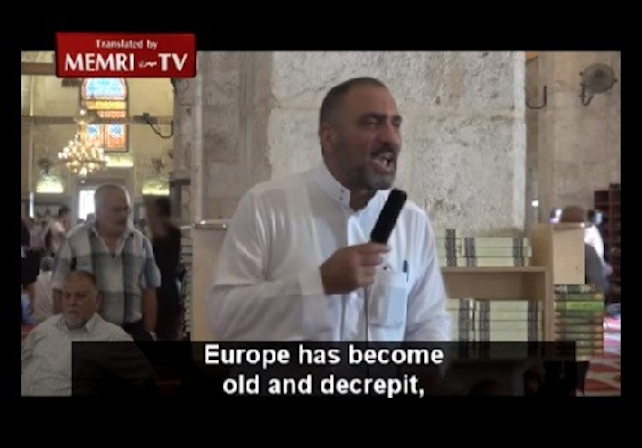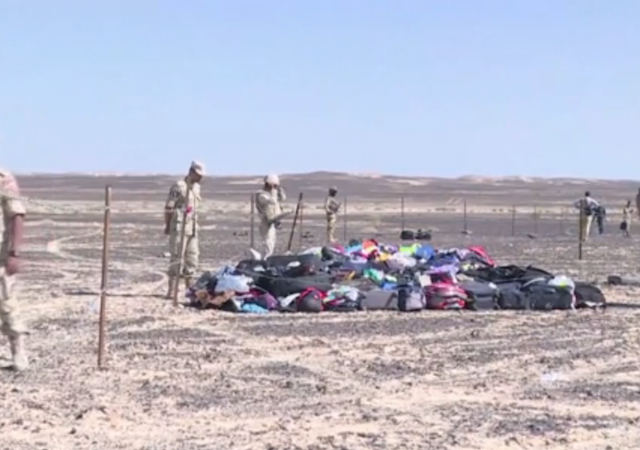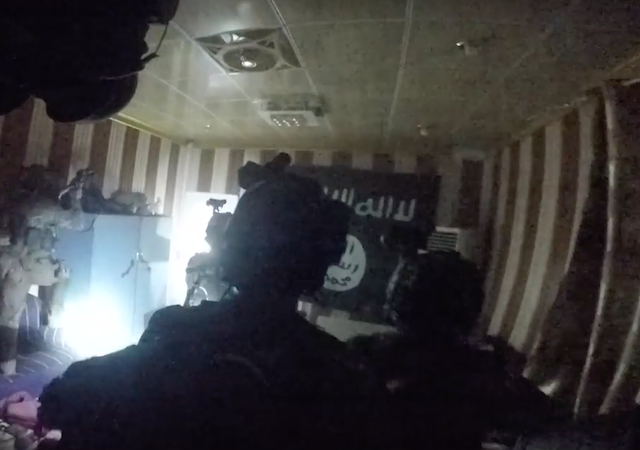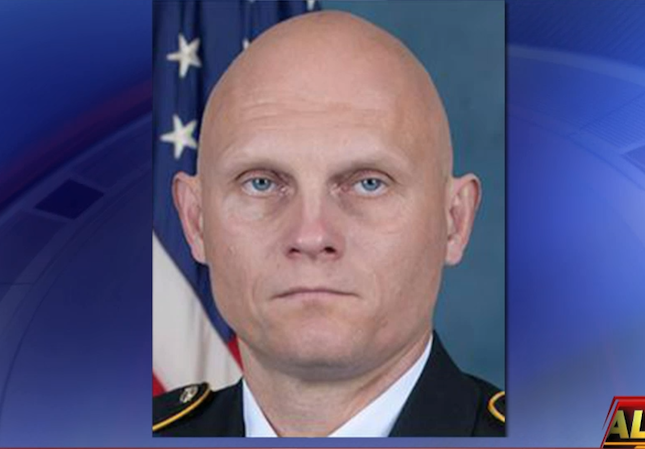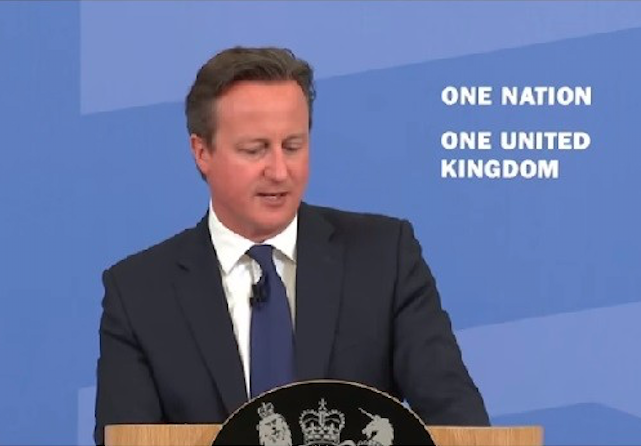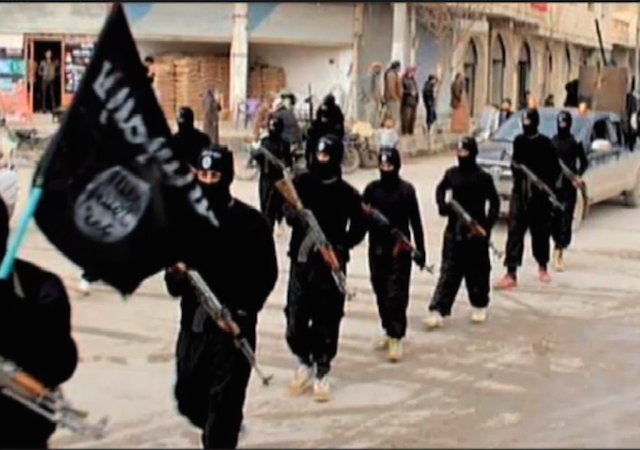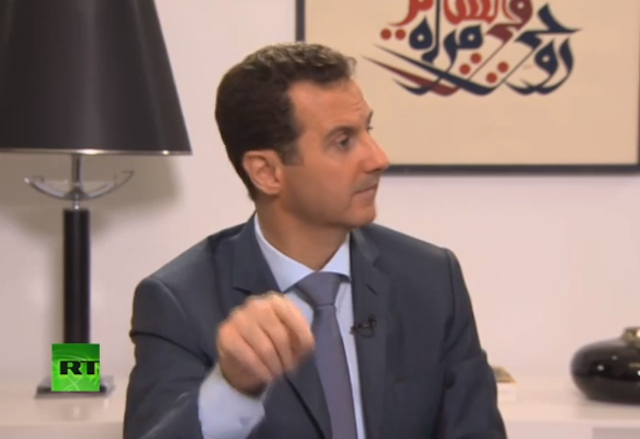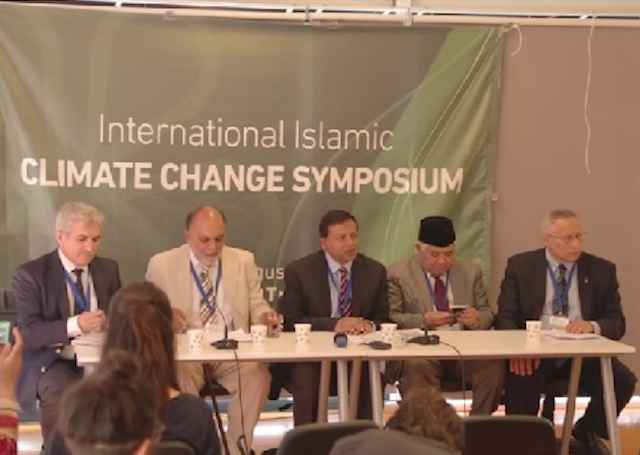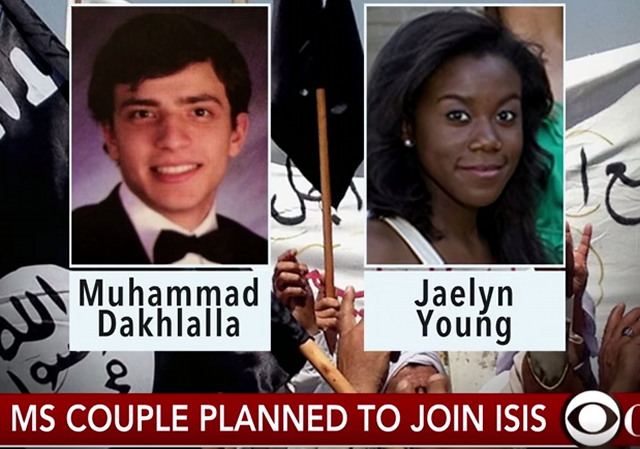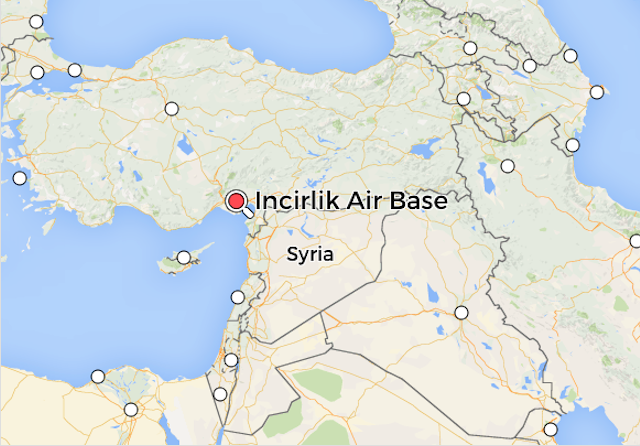PARIS TERROR – What We Know (Live Video and Updates); Update: American Student Killed in Paris Attacks
Speaking after the security meeting, Hollande said Friday's attacks were "committed by a terrorist army, the Islamic State group, a jihadist army, against France, against the values that we defend everywhere in the world, against what we are: A free country that means something to the whole planet.”CNN reports on the ISIS statement issued today:
ISIS claimed responsibility for gunfire and blasts that targeted six sites Friday night in Paris, killing 128 people in one of Europe's deadliest massacres in recent years.
In an online statement distributed by supporters Saturday, the terror group said eight militants wearing explosive belts and armed with machine guns attacked precisely selected areas in the French capital.
In addition to the people killed, 180 others were injured, according to the Paris Police Prefecture. More than half of them are in critical condition.
Among those wounded are an as yet unconfirmed number of Americans. Also from CNN:

